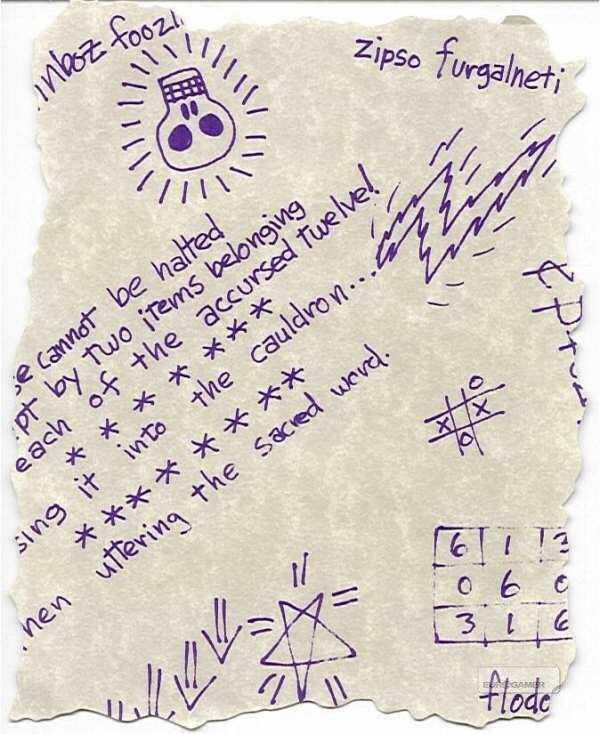Banging the DRM
The history of anti-piracy.
It was the SEGA Dreamcast that arguably suffered the most. Already on the ropes after the failure of its predecessor, the Saturn, and the announcement of the PlayStation 2 taking the wind out of its sales headstart, the fact that its proprietary GD-ROM media was easily beaten meant that the entire Dreamcast library was open to anyone with some blank CDs, a copied boot disc and reactions fast enough to swap them around at the right moment.
SEGA's own technology even helped the pirates, with 2001's official Dreamcast Broadband Adapter allowing people to hook the console up to a PC as an external drive and simply drag the data off the disc, ready for burning.
As internet use became the norm, the online world offered another front for the anti-piracy battle. The idea of using product key codes to authenticate a disc was nothing new, but previously it had to rely on algorithms and codes already present in the software - easy pickings for hackers. The arrival of widespread internet access made digital authorisation possible, and companies like Blizzard were quick to take advantage.
Diablo 2 and StarCraft both required online authentication, and as more and more PC gamers were choosing to play online as well, the threat of avoiding online access for the sake of a copy became less attractive. Even then, the system was easily snipped out by hackers, leaving legitimate players to worry about losing product keys. That's if you were lucky. PC copies of Splinter Cell: Pandora Tomorrow were famously shipped to Australia without any product keys, rendering the discs useless.

Which brings us to today, and the always-online digital wonderland where games can be downloaded in hours, whether legitimate or not, and companies try to cajole us into paying for our gaming, whether with the dangling carrot of online community and downloadable extras for legit players, or the bludgeoning stick of constant authentication.
Looking back, it's rather depressing to see how little has changed in the relationship between publishers and pirates. Games keep coming up with different technological barriers to copying, and the pirates keep slipping around them with apparent ease. Stuck in the middle, as always, are the honest consumers jumping through hoops just to prove they've paid their dues.
It seems unlikely that Ubisoft's current system will fare differently, or that it will be the final salvo in a battle that will rage for as long as gaming exists. Still, look on the bright side - at least we don't have to squint through broken plastic lenses just to start the game these days.
On the other hand, maybe we shouldn't give them ideas.
